Muslims Worldwide to Commemorate the 1500th Birthday of Prophet Muhammad ﷺ
As the new moon of Rabiʿ al-Awwal 1447 AH is sighted, Muslims across the globe prepare to mark a milestone of immense spiritual and historical significance: the 1500th birth anniversary of Prophet Muhammad ﷺ. Born on a Monday, the 12th of Rabiʿ al-Awwal, 53 years before the Hijra (5 May 570 CE), the Prophet’s noble life and universal message continue to inspire humanity, even a millennium and a half later.
As the most influential person in human history, the life and teachings of the Prophet ﷺ remain in the limelight even after 1500 years. New studies and perspectives on his life and mission are frequently published around the world. He is a subject of research and discussion in both academic and popular spheres, making him the most written-about person in history. His name, Muhammad, is the most popular name used globally.
The month of Rabi' al-Awwal, the third month of the Islamic lunar calendar, provides an opportunity to remember his esteemed biography, celebrate his noble character, and express deep love and reverence for him. Many significant events in his life, such as his birth, passing, and the Hijra, occurred during this month.
Many Muslims mark Milad al-Nabi or Mawlid al-Nabawi by gathering in mosques or community centres to recite passages from the Quran, Hadith and other texts that focus on the life and teachings of the Prophet Muhammad ﷺ. These recitations are often accompanied by sermons or lectures emphasising the Prophet's character, his role as a messenger, and his teachings on morality, compassion, and justice.
In many countries, communities organize Mawlid gatherings or processions to celebrate the Prophet's birthday. These gatherings may include the singing of nasheed or religious hymns that praise the Prophet ﷺ and recount events from his life, Storytelling and Narratives about the life (Seerah) of the Prophet ﷺ, including stories of his birth, his prophethood, his character, and his impact on the world, and chant sweats. In some cultures, people participate in processions, often carrying banners, chanting religious slogans, and distributing sweets to commemorate the joyful occasion.
Dawat-e-Islami: Building 1,500 Mosques Worldwide
Dawat-e-Islami has announced a historic global initiative to construct 1,500 mosques under the title Faizan-e-Milad, symbolising 1,500 years since the Prophet’s blessed birth ﷺ.
This initiative is not merely about building structures but about spreading the Prophet’s message of guidance and mercy worldwide. Through these mosques, communities will be connected to authentic Islamic knowledge, Seerah teachings, and the Prophetic Sunnah.
Ameer-e-Ahl-e-Sunnat, Shaykh Muhammad Ilyas Attar Qadiri, emphasised that this initiative reflects love for the Prophet ﷺ and the duty to make his life a practical role model for all of humanity.
Pakistan: National Commemoration & the 50th Seerat Conference
The Government of Pakistan has declared 1447 AH as the year of the Prophet’s 1500th birth anniversary, announcing nationwide activities under the banner of Ashra Rahmatul-lil-ʿĀlamīn. The highlight is the International Seerat-un-Nabi Conference in Islamabad, coinciding with the 12th of Rabiʿ al-Awwal (6 September 2025).
This year marks the 50th edition of Pakistan’s largest annual Seerat gathering. Its theme, “State Responsibilities in Teaching and Training the Beneficial Use of Social Media in the Light of the Prophet’s ﷺ Life,” aims to guide policymakers, educators, and youth on harnessing technology responsibly. A compilation of scholarly papers has been prepared for distribution to universities and libraries nationwide.
The government has also directed provinces to organise parallel programmes, including Qur’an and Seerah exhibitions, Naʿat gatherings, competitions, and charitable campaigns to aid the poor and flood-affected families.
A Festive Celebration
In many countries, it is customary to decorate mosques, homes, and streets with lights and banners to celebrate the birth of the Prophet. These decorations often feature religious symbols, Arabic calligraphy, and verses from the Quran. The atmosphere is festive, with public buildings and landmarks illuminated to mark the occasion.
Milad al-Nabi is often celebrated with communal meals and feasts. Families and communities come together to share food, often including special dishes prepared specifically for this occasion. In some cultures, sweets and desserts are distributed among family, friends, and neighbours as a gesture of goodwill and celebration.
Many communities organise educational programs, seminars, and cultural events to deepen their understanding of the Prophet’s teachings. These events might include lectures and panel discussions on the significance of the Prophet’s life and its relevance to contemporary issues. They also organise workshops for children and youth to learn about the Seerah (life of the Prophet) and Islamic values. Competitions such as Quran recitation, poetry, and essay writing focused on the Prophet’s teachings are also held on this occasion.
Some Islamic scholars, particularly within the Salafi and Wahhabi traditions, regard the celebration of the Prophet’s birthday as an innovation (bid’ah) that was not observed during the early years of Islam. They argue that while loving and venerating the Prophet is essential, creating new religious practices around his birth is not permissible. However, the majority of traditional Sunni scholars believe that as long as the celebrations are focused on education, reflection, worship and other permitted forms of good acts, they are a valid expression of love for the Prophet.
Disclaimer
The views expressed in this article are the author’s own and do not necessarily mirror Islamonweb’s editorial stance.

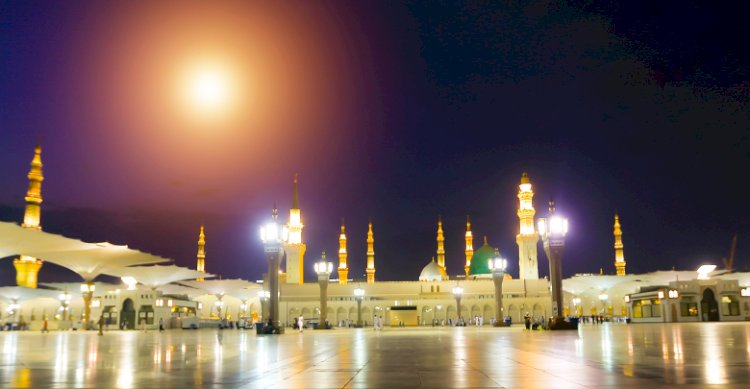


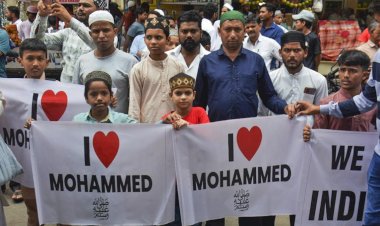
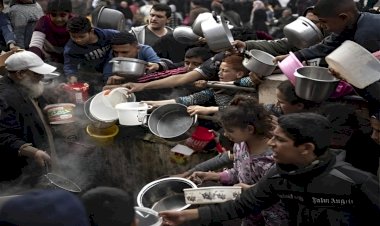
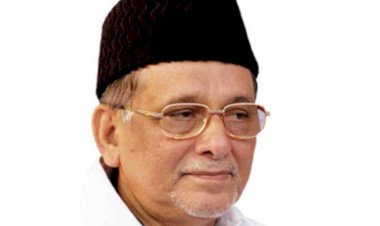
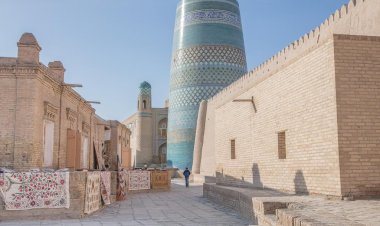
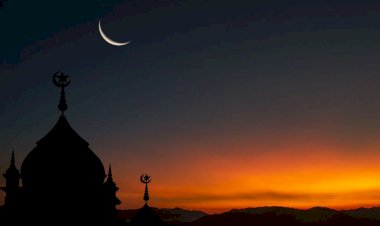
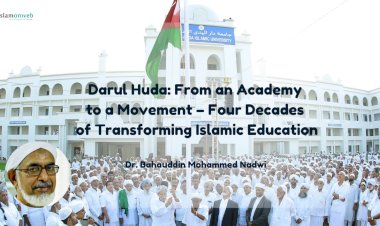














Leave A Comment